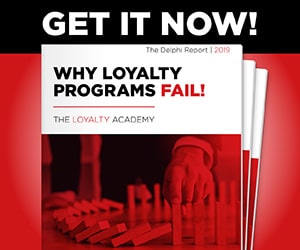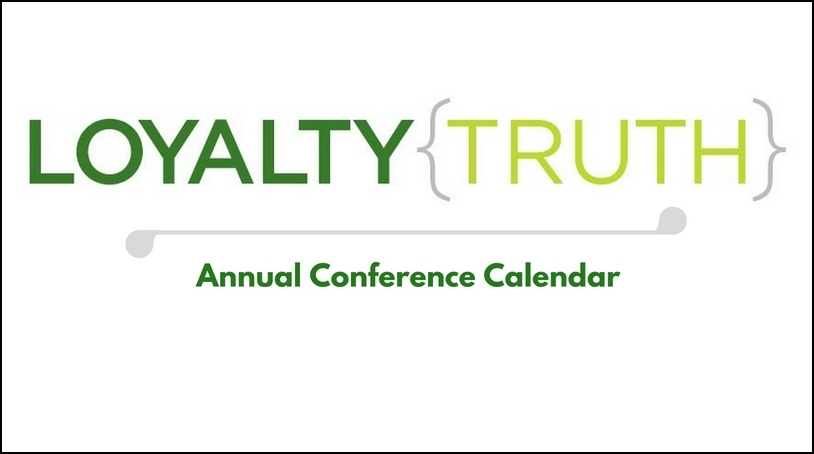Yesterday, we wrote about the Facebook IPO and how the offering was putting relationships at the center of the business world. The implications for marketers and how social loyalty evolves are significant.
The “Like” has become the “identifying word of an entire generation” and big brands are shifting their attitudes and budgets from traditional media to the web as they recognize that Facebook and Google are the platforms of the future. Just this week, Procter & Gamble announced they are trimming their annual advertising budget in favor of these more efficient platforms.
Evidence abounds in every corner that sharing can be a powerful tool for marketers to leverage. A Fleishman-Hillard study reported that Millennial women are ideal brand advocates as 46% access reviews written by other users, and one third are willing to recommend a product online following a positive experience with the brand.
As a dedicated loyalty marketer, I fully side with Zuckerberg on the importance of relationships. I also wince over the perils of sharing everything, and fret that technology development is outpacing our human capacity to cope with and adapt to new social tools. As much as we’ve read stories of faux pas committed by Facebook and Twitter users, I really believe that vast numbers of Millennials still do not grasp the long term implications of non-stop sharing.
The Merriam-Webster dictionary defines relationship as “the state of being related or interrelated”. For most of us, this definition implies relationships are structured in terms of pairs, i.e. between husband and wife, brother and sister, friend and friend (BFF’s), or consumer and company. Sure, we all have relationships with groups (school, church, club) but those are not typically as transparent and personal as those that are paired. Most humans are wired to connect on an individual level, and as social networks redefine a relationship from “one to one” to “one to many”, it may delight some while making others wholly uncomfortable.
Even the most enthusiastic and dedicated Facebook users register some concern that the reality of their lives is shifting from the natural to the ether. The Facebook employee writing a blog post in the Wall Street Journal this week quoted a friend who shared “I don’t want to be the people who, rather than living their lives and sharing their lives on Facebook, their lives are Facebook.”
As time goes on, the enthusiastic generation of Millennials will gradually expire and I expect there will one day be a Facebook Obituary section, with a person’s page memorialized and a “last update” made by a friend or family member. Instead of signing the guest book at the local funeral parlor, we’ll just click “Like” via the kiosk situated next to the casket.
In other words, life will continue to change, probably in ways we cannot imagine. Taking Facebook public is the just the beginning. To stay ahead in the marketing game, you had better keep your imagination alive and your mitochondria healthy. You’re going to need every one of them to stay on top of it all.
 Previous Article
Previous Article



